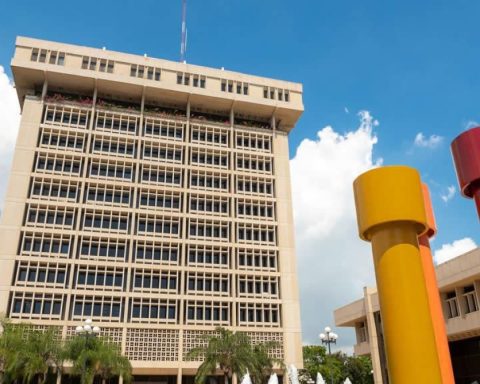In almost the same duration of the covid-19 pandemic, inequality has skyrocketed in the world. Well, while, on the one hand, the fortunes of billionaires grow by 2.7 billion dollars a day, on the other hand, inflation exceeded the salary increase of 1.7 billion workers in the world.
Food and energy companies have more than doubled their profits in 2022, paying out more than $257 billion to their wealthiest shareholders, while more than 800 million people went to bed hungry, Oxfam says.
And, despite the enormous gains experienced by the world’s richest, only 4 cents of every dollar paid in taxes came from taxes directed at wealth. Which could be explained by the fact that half of the world’s billionaires live in countries where there is no inheritance tax on the money they give to their children.
The rate at which the world’s richest accumulate wealth is significant. For example, between 2020 and 2021, the richest 1% of the population earned about 63% of the new wealth created worldwide. While the poorest 90% of the population had to settle for just 10% of this new wealth.
Profit speculation drives inflation
According to Oxfam, speculation on corporate profits, mainly from energy and food companies, is driving at least 50% of inflation in Australia, the United States and Europe, making the cost of living more expensive for their populations.
More taxes on the rich, more equity
For these reasons, Oxfam says a tax of up to 5% on the world’s billionaires could raise $1.7 trillion dollars a year, enough to lift 2 billion people out of poverty and fund a global plan to end poverty. hunger.
In addition, it poses two scenarios for the future. In one, where billionaires continue to pay low taxes on wealth, as they have up to now. And another where more general wealth taxes are applied, as proposed by the NGO.
In the first, the result is that, by 2030, the wealth of billionaires will skyrocket and almost triple. Meanwhile, in the second scenario, where they pay more taxes, the wealth of billionaires is reduced to levels of a decade ago.
And it is that it has not always been like now, in the decade of the 80s, the tax rates on wealth were almost 60% in places like Asia and the OECD countries, and little more than 50% in the Latin American countries. These rates gradually decreased and have fallen to close to 40% in rich countries, while in Latin America they average 31%. Which is a cause of the greatest inequality in Latin America.

















